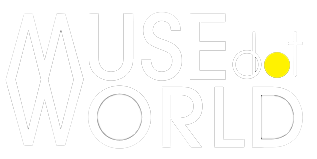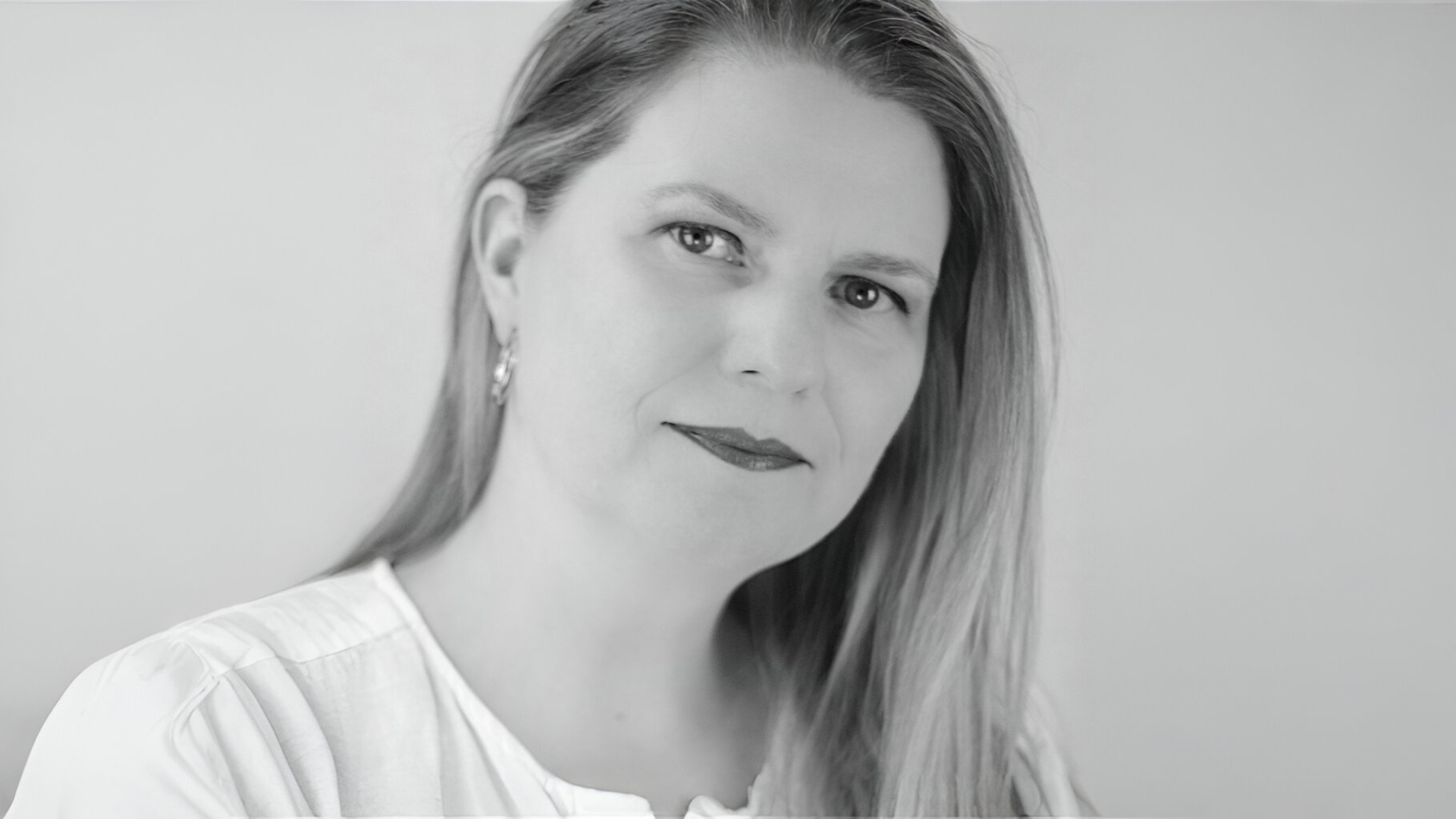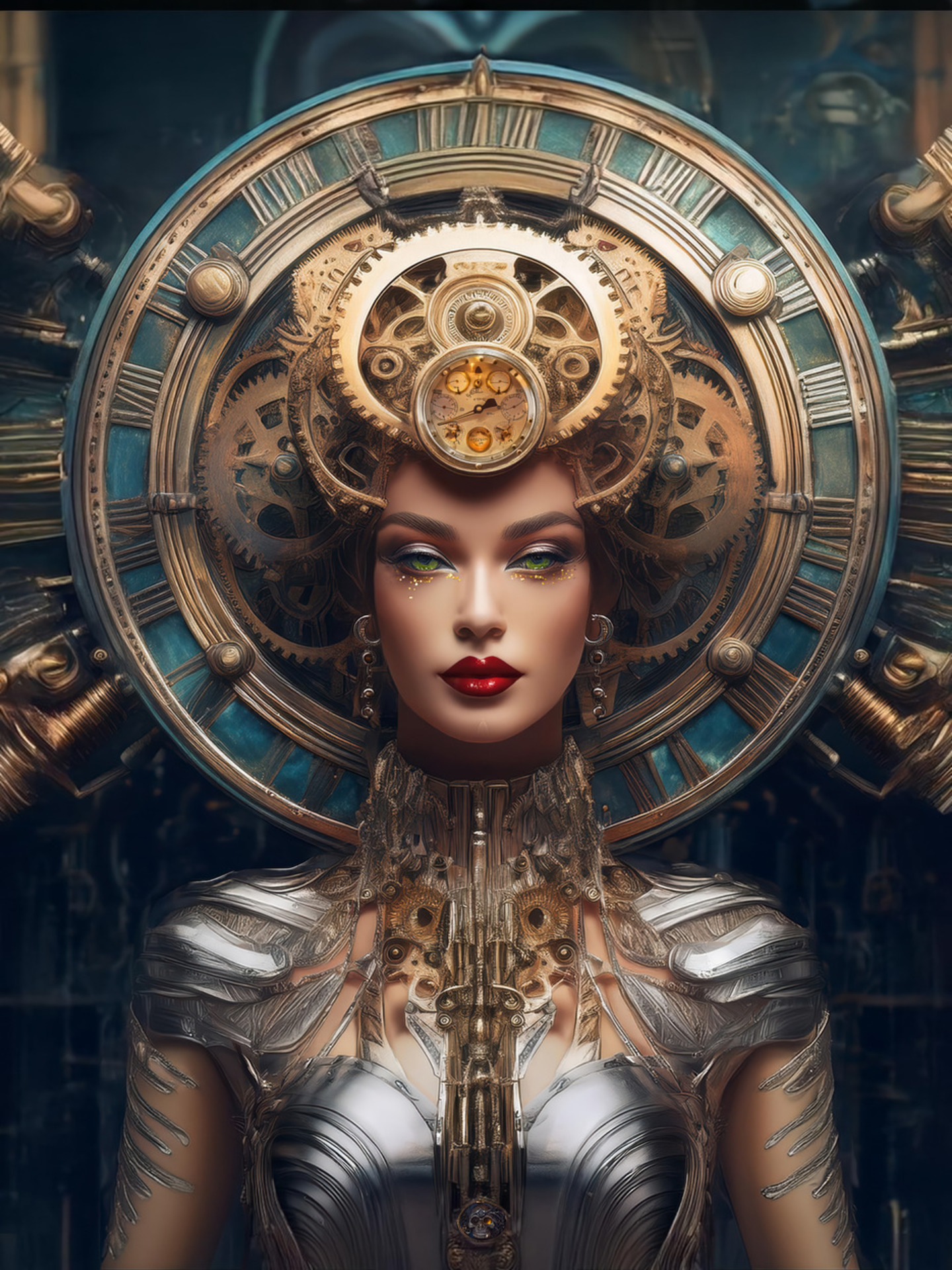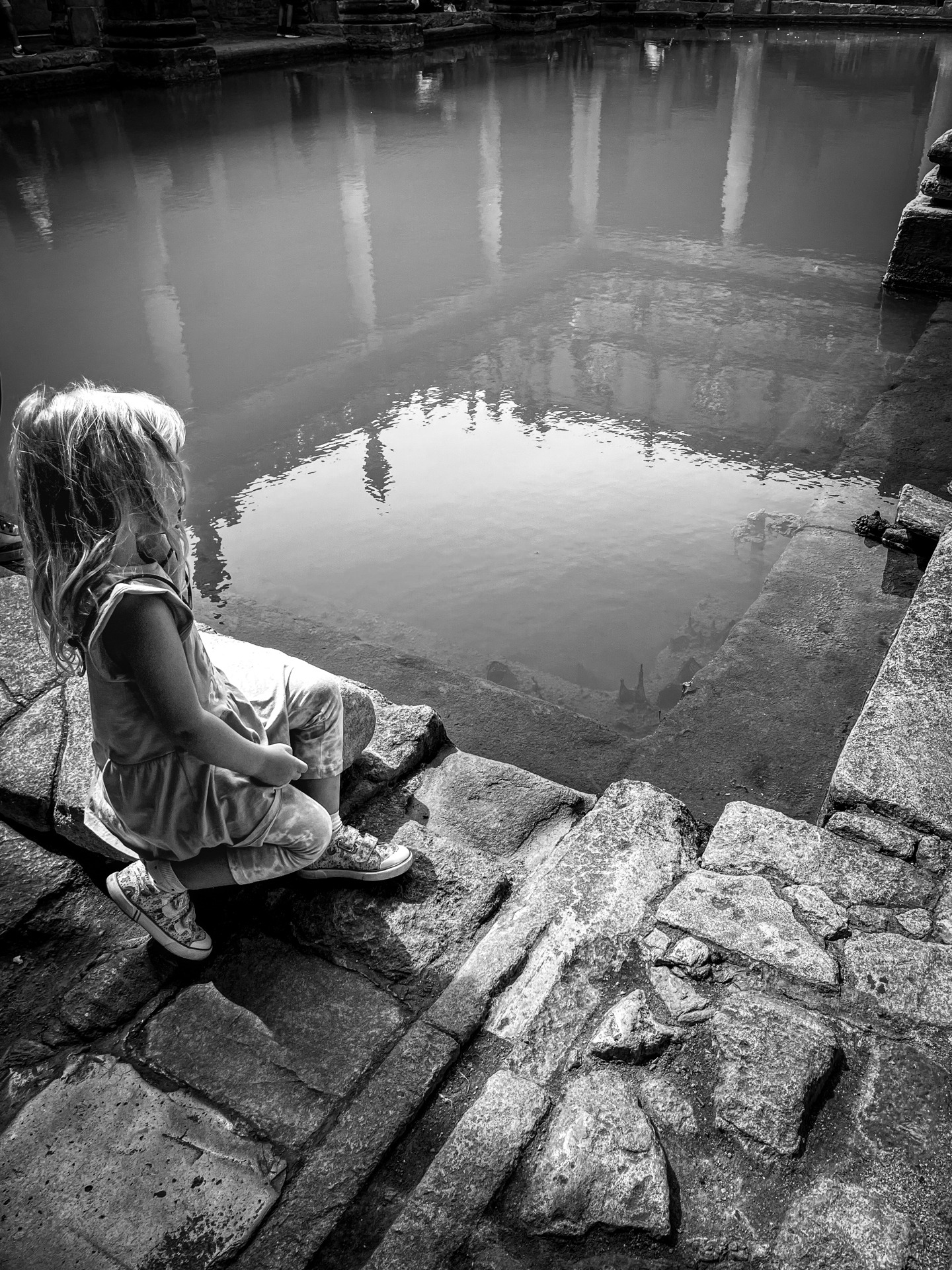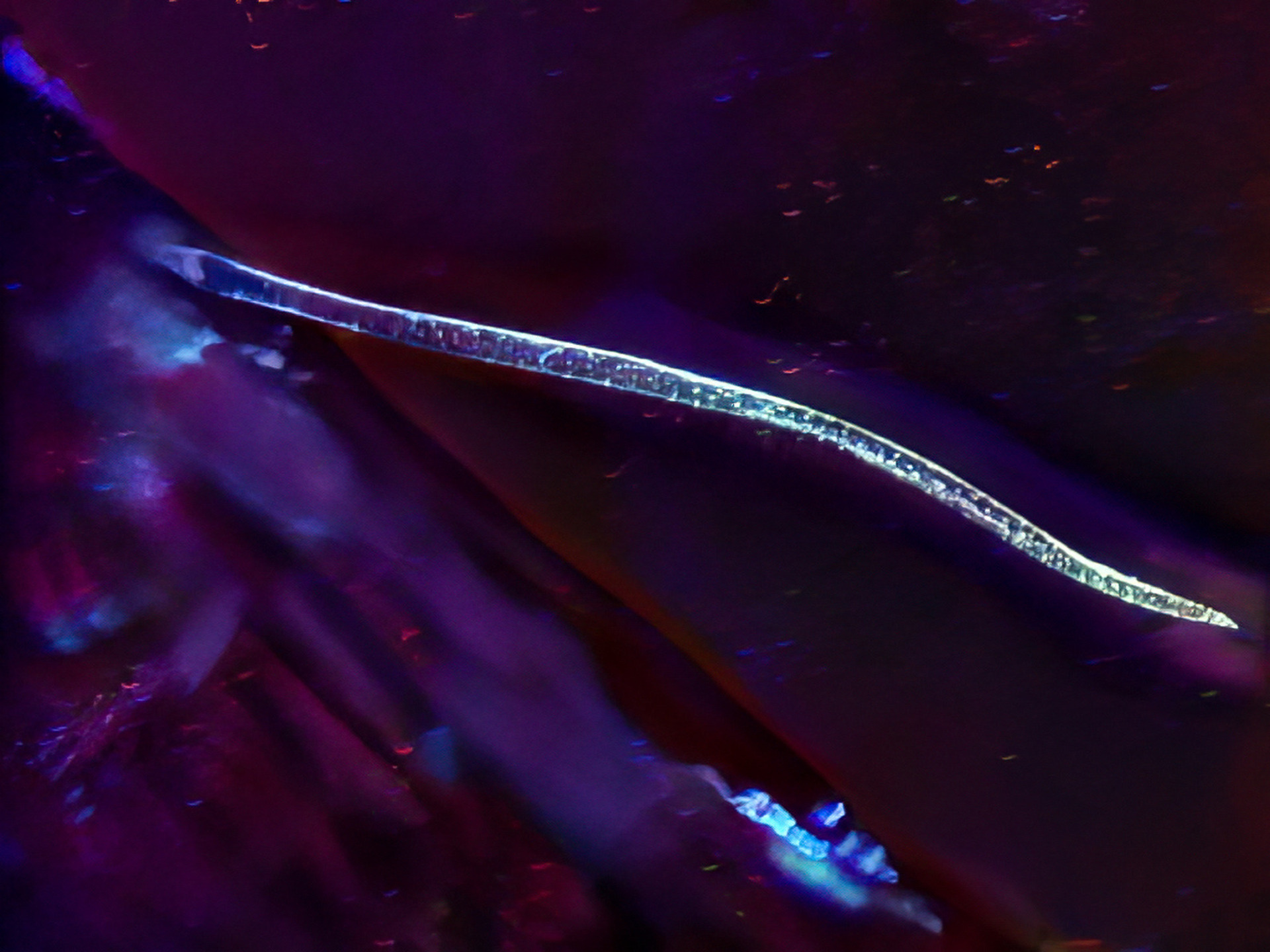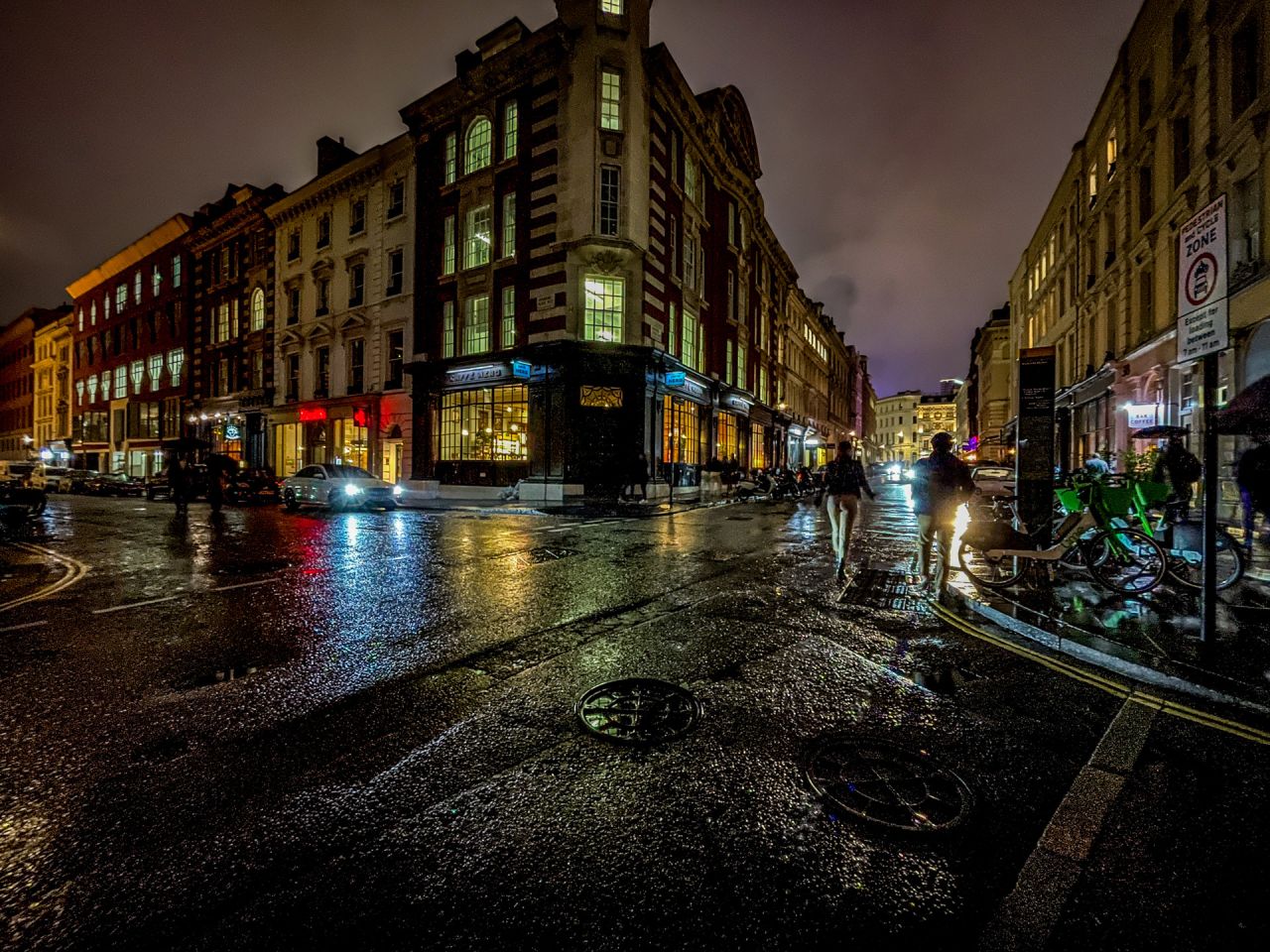Turning Passion into Art | An Interview with Rebekah Helton About her Photographic Journey

Reviving Horror: Liquid Advertising’s Campaign for Silent Hill 2 Remake
February 17, 2025
ONCE UPON A MOON: Tia Ray’s Enchanting Musical Odyssey
February 17, 2025Rebekah Helton
Rebekah Helton is a passionate photographer whose journey began in high school and has evolved into a lifelong dedication to capturing the world around her. Driven by a desire to inspire and empower others through her art, she aims to share her work globally while creating meaningful connections that uplift people, turning her passion into a sustainable career.
My name is Rebekah Helton, and I’ve always been drawn to photography. Cameras fascinated me as a child; I loved the excitement of seeing photos after they were developed. In high school, I borrowed an SLR camera with a zoom lens and began taking photos for my yearbook, eventually joining the staff as a photographer. By my senior year, I became both an editor and a photographer, which deepened my connection to the art.
While at university, I bought my first SLR camera and took it everywhere. Later, during grad school, I upgraded to my first DSLR, a Pentax, and my passion for photography truly took off. Today, I’m never without a camera, whether it’s my DSLR or my iPhone. Photography has been a constant in my life, a way to capture and share the world I see around me.
Actually, I didn’t study photography formally in school. My undergraduate degree was in Microbiology, and I went on to earn a doctorate in Marine Microbial Ecology. While these fields may not seem connected to photography, they offered unique opportunities to explore it. During my undergraduate studies, I took a course on using a laser scanning confocal microscope, which had a camera for capturing detailed images of samples.
I later became a teaching assistant for that course. In grad school, I expanded my skills to include transmission electron microscopy and other advanced techniques, teaching new students along the way. One of my microscopy images even earned 17th place in the Nikon Small World photomicrograph contest.
As for DSLR photography, I’ve been largely self-taught, learning through YouTube, online classes, and courses at the Delaware Art Museum with Mr. Danny Schweers, whose science background made his lessons particularly relatable. I’m also exploring Generative AI as a creative tool, which I see as a complement to traditional photography—especially for visualizing concepts that are otherwise impossible to capture.
In short, I’m always learning, whether through formal classes, online resources, or from those willing to share their knowledge. One thing I’ve carried from grad school is the realization that the more I learn, the more I see there is to discover.
Yes, I do remember my first shot, and it’s a memory that’s stayed with me. I was 16, a junior in high school, and using a borrowed SLR camera. I had a roll of black-and-white film and wanted to test my skills to show the yearbook team what I could do. Walking around my neighborhood, I took various shots of random things. One of the very first photos, if not the first, was of a young neighbor boy, around 6 or 7 years old.
He was wearing a camouflage shirt, jeans with torn knees, and sneakers, with messy hair from playing outside—he was perfect for the shot. I asked if he’d sit on the step for a photo, and he agreed. With the sun behind me, he squinted into the light, holding a blade of grass. Just as he glanced away, I clicked the shutter. It was the only shot I got before his mom called him inside.
When I developed the film, I was stunned by how closely the photo matched the image I’d envisioned. That moment of seeing my creative idea come to life hooked me on photography. I still have that photo, and it remains a cherished reminder of how it all began.
I always carry a camera with me, whether it’s my iPhone 12 Pro or one of my Pentax DSLRs. My iPhone is incredibly versatile, with wide and ultra-wide lenses, excellent low-light capabilities, and the ability to shoot RAW images using Adobe Lightroom’s mobile app. It’s perfect for capturing spontaneous moments, like the night photo of Covent Garden that won a Silver award this year.
For dedicated photography outings, I rely on my Pentax DSLR cameras, which are compatible with both modern and vintage KA lenses. I have a special fondness for my 50mm f/1.17 manual lens, which produces stunningly sharp and vibrant images, and my 55-300mm auto lens paired with a 1.4x rear converter, which allows me to capture intricate details like hummingbirds in my backyard.
I also have a few tripods, including a portable one, a high-quality backpack camera case for my gear, and various other necessities. Beyond my working equipment, I collect vintage cameras, which are scattered throughout my home. The oldest in my collection is from 1912. While I don’t use these cameras, I love admiring their craftsmanship and imagining the stories of the people who once did.
I have two key aspirations for my photography. First, I aim to gain recognition for my work and reach a global audience. My dream is to have my photographs appreciated and sought after by people around the world, bringing inspiration and joy into their lives. Achieving this level of success would allow me to make a living from my art, transforming my passion into a sustainable career.
Second, on a more personal level, I hope my photography can give back to others. Having experienced financial hardship during my upbringing and working my way through college, I deeply understand the challenges of striving for a better life. Through my art, I hope to create not just beautiful images but meaningful connections that uplift and empower others.
The compliment that inspired me the most came from my husband, who has always been my biggest supporter. Over a decade ago, he encouraged me to start entering photography competitions and consider solo or sideshows. Until then, I had received compliments on my photos from friends and family but never really thought about sharing my work with a wider audience. His encouragement pushed me to take that leap and start putting my art out into the world.
As I continued participating in competitions and learning more, my skills and understanding of photography grew, and so did the quality of my work. One day, I was working on post-processing an image for a photo festival in Greece that I wanted to submit to. I had left the image up on my computer and stepped away.
When I returned, my husband asked me whose photo it was. I told him it was mine, and he was genuinely blown away. He said it was amazing and looked like something from a historical collection. Hearing that from him, someone who has seen my entire journey and growth was incredibly touching.
At that moment, I realized that all my efforts were being seen and appreciated by others. While I often focus on imperfections and strive to improve, his reaction reminded me that others see the beauty and value in my work. That image went on to be accepted into the Greek festival and also won its category in another competition. His compliment not only validated my progress but also gave me the confidence to continue pursuing my passion for photography.
I feel as if every photographer has a unique story, vision, and reason for why they are passionate about photography. For me, it’s the ability to see the world differently, to focus on details others might overlook, and to adapt myself to capture the image I envision.
One example of this happened many years ago when I was in Paris with a friend, visiting the Eiffel Tower. At that time, there weren’t massive security entrances—just a gravel base underneath that you could walk up to. As we stood under the mammoth structure, my first thought wasn’t to take photos of the park, my friend, or anything typical.
Instead, and to the surprise of my friend, I laid down on the ground, positioned myself directly centered underneath, and captured an upward view of the tower. It was a perspective I hadn’t often seen, even in the countless photos of this iconic structure. But it’s what I saw, and it’s what I felt needed to be photographed.
This wasn’t the first time, nor the last, that I’ve laid on the ground, contorted my body, or hung over something to get the shot I envisioned. My unique storytelling comes from a willingness to follow my instincts and capture the images that speak to me—images that might be overlooked by others but hold a story waiting to be told.
Receiving this distinction is a meaningful acknowledgement of the effort, creativity, and growth I’ve invested in my photography. It’s not about external validation but about recognizing that the stories I aim to tell and the perspectives I strive to share are connecting with others.
For me, this award serves as a marker—a quiet confirmation that I’m on the right path and that the work I’m passionate about resonates. It encourages me to keep exploring, learning, and challenging myself. More than anything, it’s a reminder that perseverance and authenticity in art are always worth pursuing.
The Gold-winning image was my first attempt at using Generative AI for artistic purposes. I spent countless hours refining the concept and post-processing the final piece to ensure it conveyed exactly what I envisioned. It was a new and challenging experience, and I’m thrilled that the effort was recognized.
Among the Silver winners, one is a night photograph of Covent Garden in London, captured on my iPhone. I saw the scene as we were walking back to our hotel and instinctively stopped to take the shot. Another Silver image is a black-and-white photo of a young child sitting at the edge of an ancient Roman bath, with the reflection of the ruins in the water. It felt deeply personal, evoking a sense of nostalgia and connection to my own childhood curiosity.
The final Silver-winning image was recognized in two categories. It’s a microscopic photograph I captured using my home microscope, showcasing the trichome of a purple shamrock plant. The intricate details and vibrant colors give it an otherworldly, almost sci-fi appearance, resembling something from a galaxy far away. I entered this piece because I’m continually fascinated by the beauty of the microscopic world and want to share that wonder with others who may not have the chance to see it.
Each of these images represents a different facet of my passion for photography, from exploring new techniques to capturing spontaneous moments and revealing unseen worlds. Together, they reflect my dedication to storytelling through diverse perspectives.
Winning an award has been more of a personal milestone than a career-defining moment for me. I see it as a way to measure my progress and growth in photography rather than as something that makes me better or more special than anyone else.
On a personal level, receiving an award feels like a nod of acknowledgement that I’m on the right track. For example, in this competition, I took a moment to reflect on my journey over the years. This is the first time I’ve achieved a Gold Winner status; in the past, I’ve received Silver awards or Honorable Mentions. That progression is what matters most to me. It’s a tangible sign that my skills are improving and that my dedication to learning and growing is paying off.
Ultimately, the recognition is less about the award itself and more about the validation that I’m continuing to evolve as an artist. That’s what inspires me to keep pushing forward.
The best piece of advice I’ve received as a photographer has come from several mentors and individuals who have influenced my journey. Their collective wisdom can be summed up as this: not everyone will like or appreciate your photography. Some people may criticize your work, tell you you’re “doing it wrong,” or even doubt your abilities as a photographer. Their opinions may be harsh, and some may even be intentionally cruel. But the most important thing is to never let others dictate your style, passion, or creativity.
Your art is a reflection of your own life experiences, and that makes it uniquely yours. No one else sees the world exactly as you do, and that perspective is what gives your photography its power. Ignore the negativity and those who try to tear you down. Instead, focus on pursuing the positive and staying true to your vision. Be uniquely you—in your photography and in everything you do.
The advice I would give to someone who wants to become a photographer today is simple: just start. I recently had a conversation with a woman who was frustrated because her husband was hesitant to share his photography with others. She wanted advice to encourage him, and I told her the same thing I would tell anyone: start small but start somewhere. Enter a contest, set up an Instagram account, visit a local gallery, join a photo club, or take a photography class. There are so many avenues to explore—the key is to take that first step.
This is exactly what I did after my husband encouraged me. I had no formal education in photography, but I decided to jump in anyway. It’s a leap of faith, but it’s one worth taking. You’ll never know what you’re capable of unless you begin. Why not?
I wouldn’t say I’ve achieved complete success yet, but I’m doing my best to try. And that’s all anyone can really do—keep trying.
The key is to find what inspires you and makes your passion come alive. Whether it’s landscape photography, street photography, or any other genre, embrace it wholeheartedly. Keep learning wherever you can—through books, classes, mentors, or even your own experiments. Every bit of knowledge adds to your growth.Most importantly, keep going. There will be challenges, setbacks, and moments of doubt, but persistence is what makes the difference. Success isn’t about perfection; it’s about progress. Never give up, and never let go of your dreams.
I’ve always loved learning. As a child, I was the kid who enjoyed homework and eagerly took on extra credit assignments because I genuinely wanted to know more. That passion for learning carried me through college and all the way to earning my doctorate. My curiosity and desire to understand subjects deeply have always driven me forward.
Even now, I remain a lifelong learner. I still read scientific manuscripts and microscopy journals, and I take online courses to stay updated on the latest technology and software. When a topic piques my interest, I dive in and immerse myself in it, continually seeking to grow and expand my knowledge.
For me, learning isn’t just a habit; it’s part of my spiritual fabric. It’s an innate part of who I am, and it’s what keeps me engaged, curious, and open to new ideas throughout life.
I’m continually amazed by how photography allows us to explore and share perspectives that might otherwise go unnoticed. Whether it’s experimenting with Generative AI to create something entirely new, capturing a fleeting moment in a busy city, or revealing the intricate beauty of the microscopic world, there’s always something to discover and share.
I think that’s what keeps me moving forward—this endless opportunity to learn, grow, and connect with others through my work. I’m excited to see how my journey continues to evolve and how I can keep challenging myself creatively.
Rebekah Helton
Rebekah Helton is a passionate photographer whose journey began in high school and has evolved into a lifelong dedication to capturing the world around her. Driven by a desire to inspire and empower others through her art, she aims to share her work globally while creating meaningful connections that uplift people, turning her passion into a sustainable career.
Read more about the interview From IT to Photography: The Journey of Pieter Clicteur in Capturing Life's Special Moments here.
